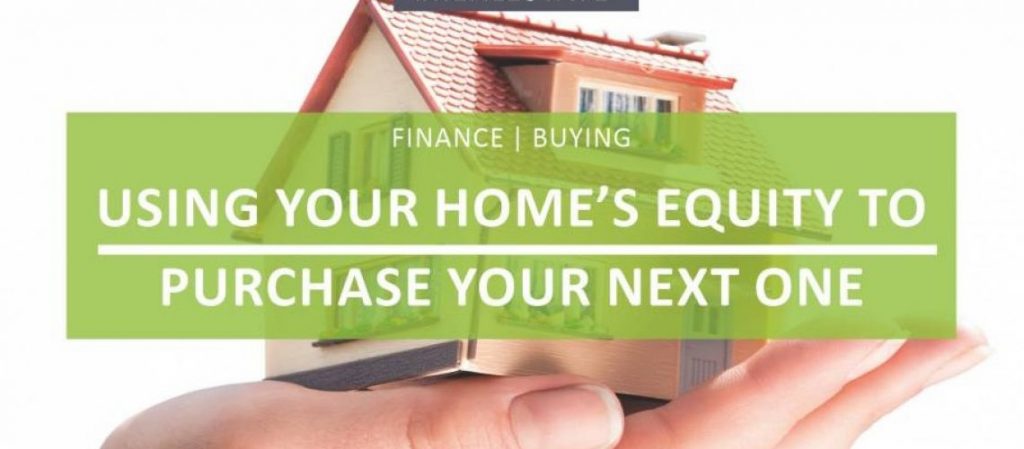Ask any property investment guru and they’ll tell you that the equity held in your existing property can be a powerful tool for wealth creation. Used properly, this equity can secure the finances needed to achieve your property investment goals.
Put simply, if your property has increased in value, the amount of equity held in that property will have gone up too. You can access the equity, which can then be used to stump up the deposit on another property purchase.
People usually ask me what the secret to property investing is. The truth is – there is no secret. It’s possible to buy an investment property without using any of your own money (deposit). In fact, that’s how we help most customers enter the world of property investing.
A basic example of how equity can help:
After speaking with his mortgage broker, Sam took out a home loan and purchased his first property. Sam purchased the property for $400,000 and had a 20% deposit plus purchasing cost so his loan amount was $320,000.
After owning the property for a few years, Sam contacted his mortgage broker to organise for his property to be revalued by the bank. The value came back at $500,000.
Due to this higher valuation, Sam’s mortgage broker was able to increase his current home loan to $400,000 (which was 80% of the new value of his home – the maximum value Sam’s bank would allow). This provided Sam with $80,000 ($320,000 – $400,000 = $80,000) in equity to use as a deposit on his investment property.
Sam decided to purchase an investment property for $400,000. His $80,000 in equity from his first home was enough for a 10% deposit ($40,000) and purchasing costs such as stamp duty ($ 20,000) and a few minor renovations ($20,000).
That is a very basic example of how you purchase an investment property without coming up with a cash deposit.
Nine Ten Finance can help you work out how much equity you have and how it can be accessed as a source of funding for your investment property. It is absolutely critical to structure your home loan and investment loan correctly. The worst thing you can do is cross collaterise your home with your investment property. Unfortunately, this is what happens to a lot of first time property investors. Particularly when dealing directly with abank.
Happy Investing
About the writer – Denjola Bhutia is an active residential property investor and owner of Nine Ten Finance. If you’d like to have Denjola provide advice on your finance structure and investment strategy, simply get in touch with him – it’s a FREE service with no obligations.

